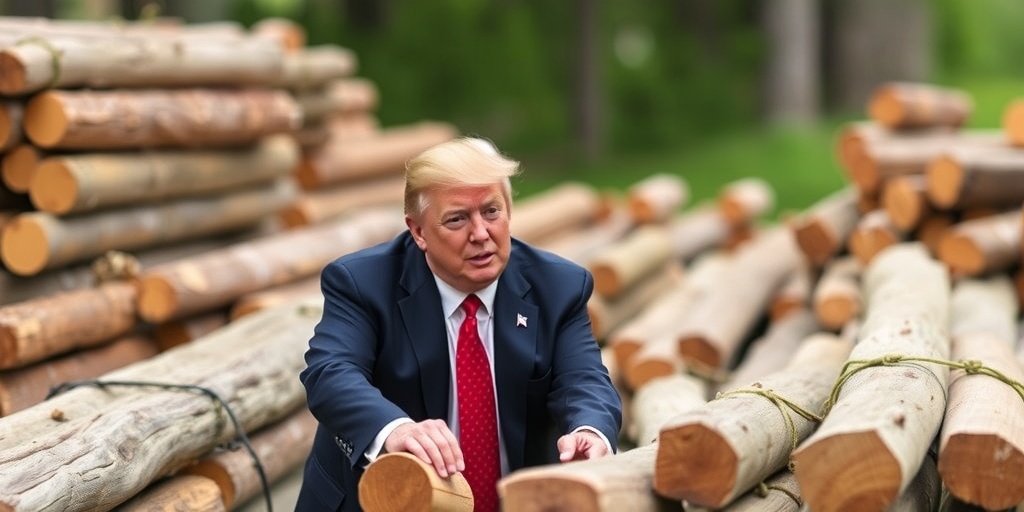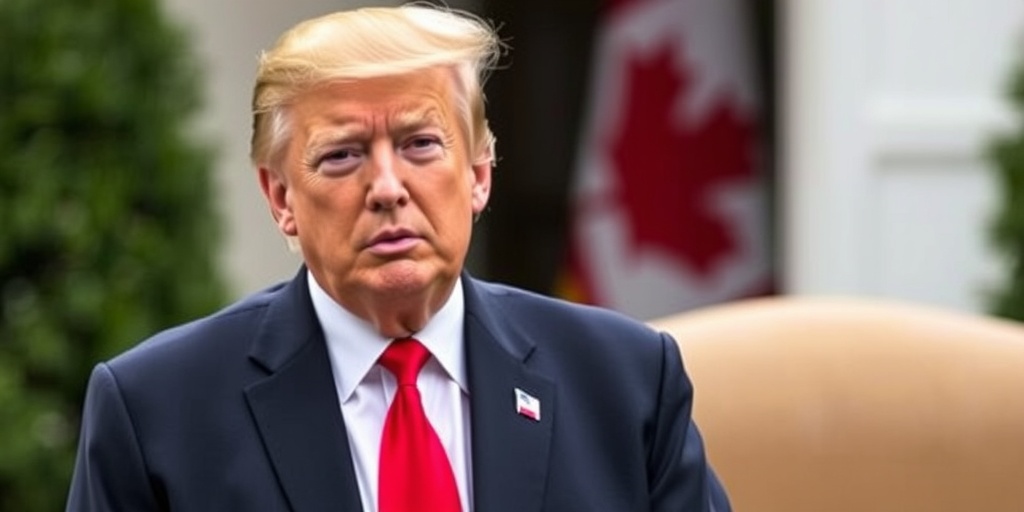Now Reading: Justice Dept. Accuses FBI Leaders of Insubordination
-
01
Justice Dept. Accuses FBI Leaders of Insubordination
Justice Dept. Accuses FBI Leaders of Insubordination
Title: Tensions Flare Between Justice Department and FBI Over January 6 Investigation
In a significant escalation of tensions within the U.S. Justice Department and the FBI, Emil Bove III, the acting deputy attorney general, has publicly criticized the acting FBI director Brian J. Driscoll and his deputy Robert C. Kissane for what he termed as “insubordination.” This conflict stems from their refusal to assist in identifying FBI agents involved in the investigations related to the January 6, 2021, Capitol riot, leading to widespread backlash within the bureau.
The tension was brought to light in a memo authored by Bove, which was obtained by The New York Times. In the memo, Bove expressed concern that Driscoll and Kissane failed to comply with his request for a list of the agents who were part of the “core team” handling the prosecution of numerous individuals involved in the riot—a serious event that has strained U.S. political landscape and governance. He stated that the purpose of the request was not merely bureaucratic but aimed at ensuring accountability. Bove noted that the Justice Department wanted to conduct an essential review of the involved agents’ conduct to ascertain if there were any ethical or procedural breaches during the investigations.
The revelation of Bove’s frustrations highlights a fundamental conflict between the Justice Department’s political overseers and the long-established, nonpartisan career officials within the FBI. This situation raises alarming questions about inter-departmental dynamics, particularly when it comes to the handling of politically sensitive investigations. With the FBI operating under a traditionally non-partisan mantle, the pressure from the political wing of the Justice Department to divulge names threatens to undermine this long-held ethos.
The memo has also prompted additional scrutiny as analysts ponder why Bove did not dismiss Driscoll and Kissane immediately for their purported insubordination. Critics argue that such an action would have sent a resounding message about accountability and compliance during a time fraught with political tensions. Furthermore, there are questions around why Bove did not issue his original request in writing, which might have provided a paper trail portraying the official capacity of his demands.
In response to the ongoing situation, Bove indicated that the FBI leadership’s resistance to his requests was so significant that it necessitated issuing a comprehensive memo directed at all bureau employees. This memo solicited information from agents about their involvement in the cases related to January 6. Estimates suggest that this could require input from up to 5,000 out of the approximately 38,000 employees across the department.
The fallout from the January 6 riot has continued to reverberate through U.S. law enforcement and intelligence agencies. Many officials have expressed their concerns regarding the politicization of such investigations, fearing that justice could be compromised in the ensuing conflict between federal agencies. Critics within the FBI have voiced worries about the potential for this rift to impact trust and morale among agents, many of whom remain committed to impartial law enforcement.
Bove’s memo and the events that followed also reflect the inherent challenges and dangers facing a politically-appointed leadership in a department tasked with upholding the law impartially. As political pressures mount, the risk of harming the integrity of law enforcement agencies becomes tangible. Observers of the situation are left questioning how these tensions might affect ongoing investigations not only related to January 6 but also other sensitive issues facing the country.
While the Justice Department and the FBI have yet to respond to requests for comments regarding the developments, the situation signifies a troubling turn in inter-agency relations. As whistleblower protections may come under increased scrutiny, the ramifications of this conflict could extend beyond mere disputes within bureaucracies, impacting public trust in government institutions and the rule of law in the United States.
In summary, the situation symbolizes a delicate balancing act that must be navigated by leadership in Washington. As law enforcement agencies grapple with their roles in a deeply polarized political climate, the unfolded events represent just one instance of the tensions that characterize a transformative time in American governance. As this story continues to develop, the implications for the Justice Department, the FBI, and their shared responsibilities to uphold the law remain critical issues to watch.
Stay Informed With the Latest & Most Important News
Previous Post
Next Post
-
 01New technology breakthrough has everyone talking right now
01New technology breakthrough has everyone talking right now -
 02Unbelievable life hack everyone needs to try today
02Unbelievable life hack everyone needs to try today -
 03Fascinating discovery found buried deep beneath the ocean
03Fascinating discovery found buried deep beneath the ocean -
 04Man invents genius device that solves everyday problems
04Man invents genius device that solves everyday problems -
 05Shocking discovery that changes what we know forever
05Shocking discovery that changes what we know forever -
 06Internet goes wild over celebrity’s unexpected fashion choice
06Internet goes wild over celebrity’s unexpected fashion choice -
 07Rare animal sighting stuns scientists and wildlife lovers
07Rare animal sighting stuns scientists and wildlife lovers



















